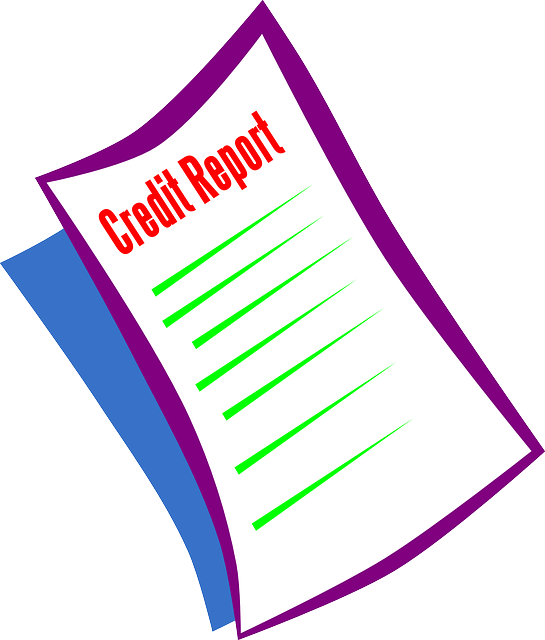
If you are an entrepreneur or the founder of a new business, getting a loan from a bank may be one of the greatest challenges you face; because, despite America’s emergence from the depths of the Great Recession, many lenders still operate in the fiscal atmosphere of – they continue to act as if we are in an economic environment characterized by – the worst aspects of the 2008 monetary meltdown. In such a situation, it is essential for an entrepreneur to act entrepreneurially, which is to say, you must find alternative financing solutions; you cannot accept one bank’s rejection as a fait accompli, as if you are a passive participant in these proceedings – as if you have no choice, and therefore, must succumb to the policies of some Too Big to Fail financial institution.
On the contrary, as this post explains, and as every business owner should make it a priority to know, the lending process can be difficult and often disappointing: It can be so dispiriting that, amidst this near-constant series of rejections and this seemingly inexplicable cause for one decline for a loan after another, an entrepreneur can lose hope about furthering his business; a founder can become a pessimist about his company’s ability to survive. But, and this is where readers should take solace in the options before them and the reasoning responsible for this scenario, banks have their own calculus for refusing to approve business loan applications.
The more we understand this rationale, and the more conversant we become regarding this subject, the better off we will be – because we will be more able to seize the benefits of alternative financing. Bear in mind, too, that I write these words as Managing Partner of Excel Capital Management, where I seek to help entrepreneurs and educate them about the lending process in general. For example: A traditional bank may decline a loan because a business has low cash flow, despite understandable reasons for that applicant’s status, such as the seasonal nature of his enterprise or the slim margins of his company.

A lack of credit, or a bad credit rating, can have the same effect. A similar rule applies to a business with no collateral: Traditional banks will almost always demand some sort of collateral to a secure a loan. And yet, the most valuable collateral an entrepreneur may possess – the most precious commodity a founder can enjoy – is the intellectual capital behind a novel concept for, say, innovation in biomedical engineering or a revolution in mobile computing, or a blueprint for the transformation of teaching or an idea to streamline investing itself. These proposals, to the extent they are available in a business plan, and insofar as a loan will enable an entrepreneur to actualize his ambition, are collateral unto themselves.
The good news is that, unlike big banks, most entrepreneurs need only submit four months of recent bank statements – and four months of recent credit card processing statements – to get approval for and an offer of a loan from an alternative funding solution. Other options include a cash advance or accounts receivable financing, for which the latter is one of the oldest forms of funding. Additional loans may feature a fixed repayment schedule, based on a daily, weekly or monthly basis, while some loans involve personal guarantees because the borrower works in an industry that does not accept credit cards.

The broader point, for entrepreneurs and founders alike, is that they need not accept the status quo of the banking system. They should not resign themselves to an all-or-nothing approach concerning lending, because alternative financing is a compelling – and practical – solution to the financial obstacles that confront many business owners.
Indeed, if we want entrepreneurs to flourish, if we want business owners to succeed, if we want visionaries to realize their goals and strengthen society – if we want a culture of positive change to spread among companies big and small, then we have a vested interest in highlighting the benefits of alternative funding.
We have a duty, both as matter of commercial prudence and ethical pride, to enable entrepreneurs to triumph on behalf of their respective ideas and the greater good of fostering a healthy economy.
